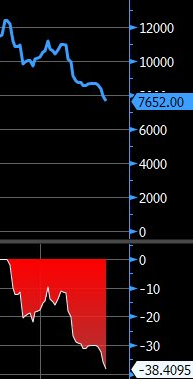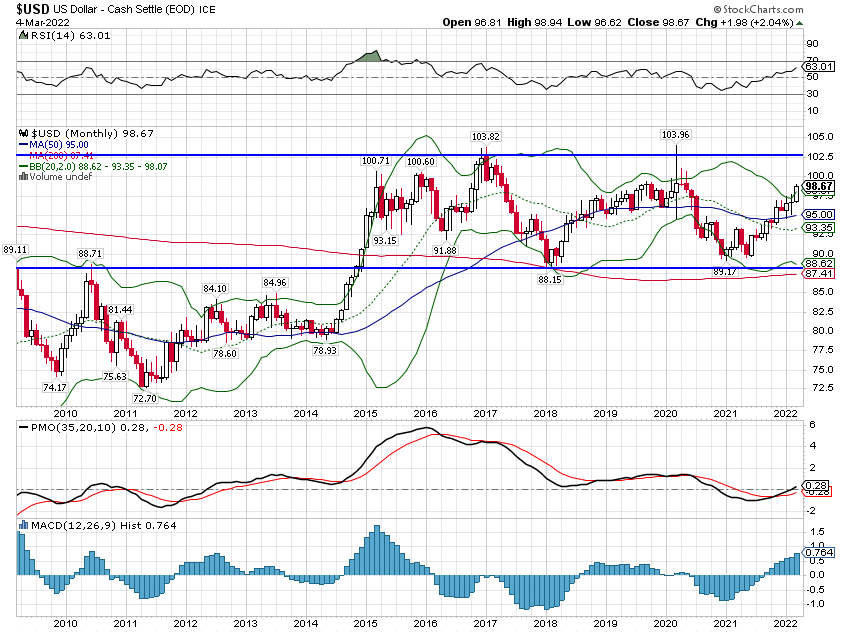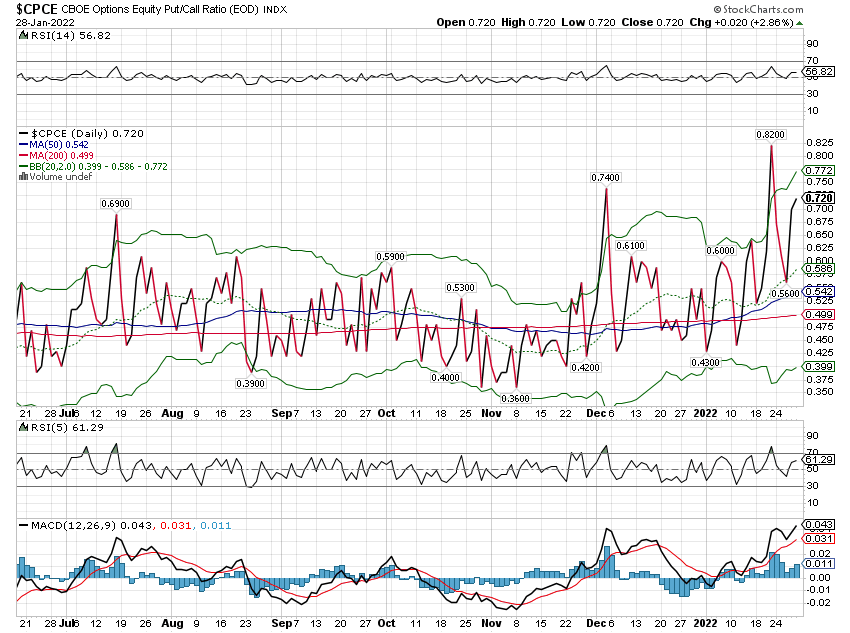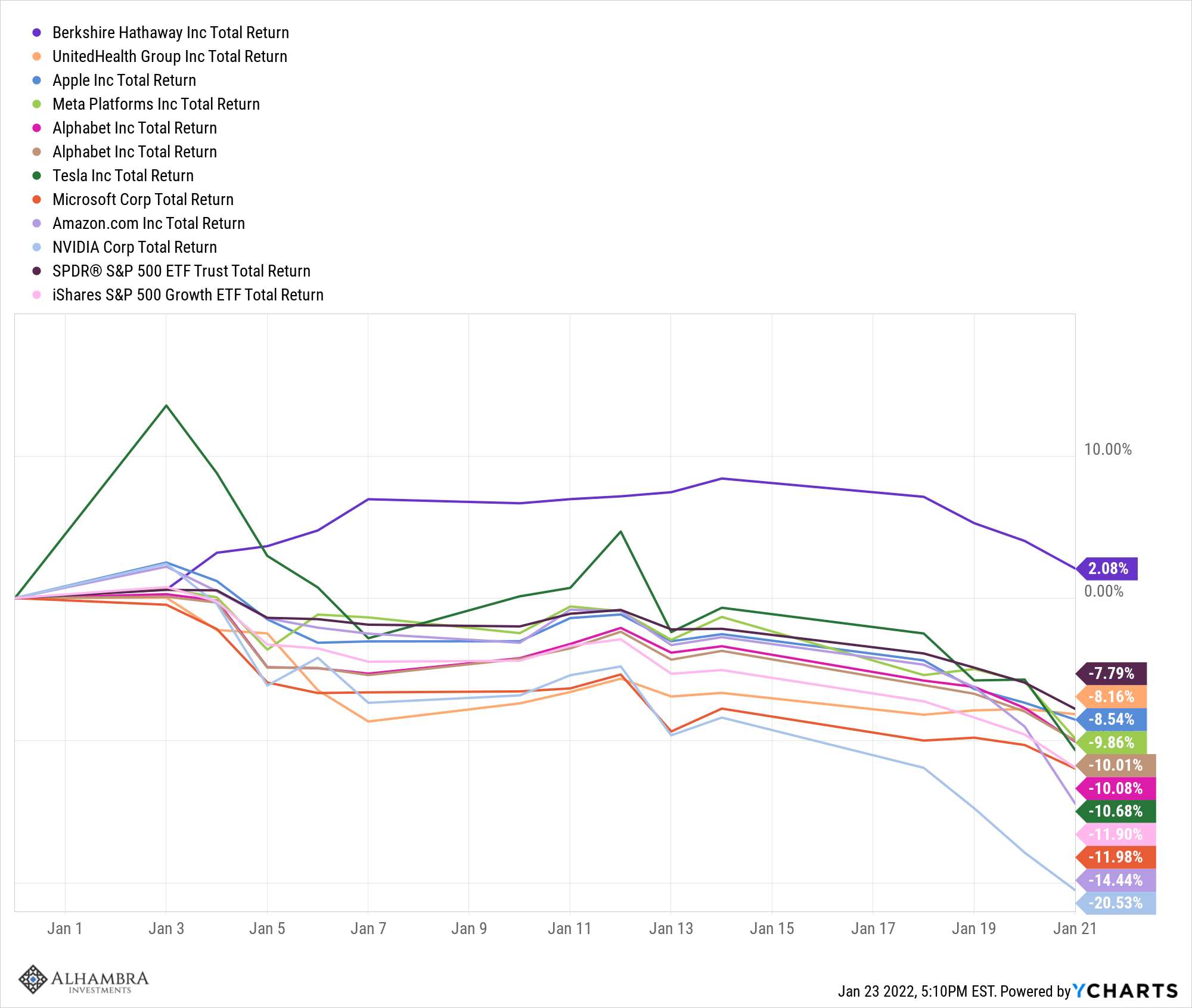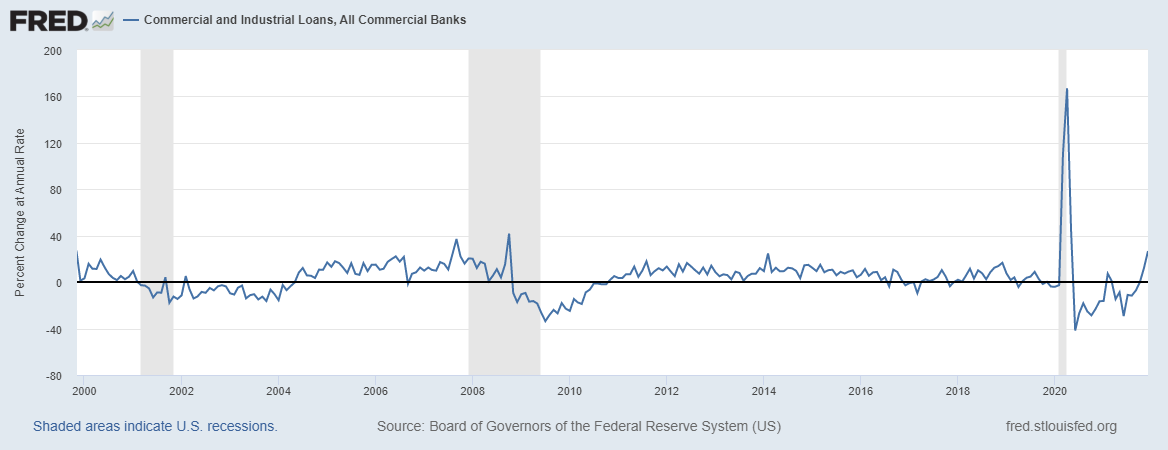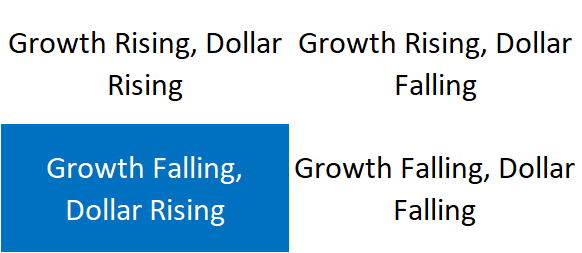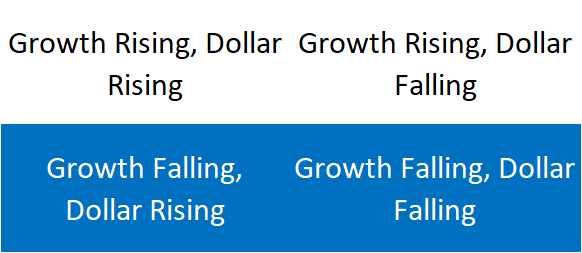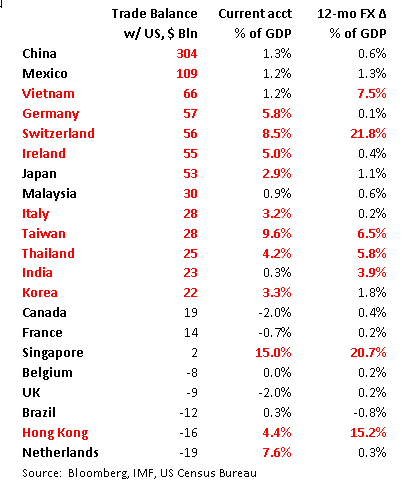(from my colleague Dr. Win Thin)
EM enjoyed a nice bounce to end last week. The global liquidity outlook has clearly moved in favor of EM, at least for now. However, the overall global backdrop has not shifted in favor of EM just yet. Bottom line: enjoy this EM rally with a short-term timeframe in mind, with the idea that EM turbulence will likely return later this year.
Idiosyncratic risks abound in the usual suspects. The Brazilian real is likely to underperform in light of COPOM’s decision to keep rates steady last week. The Turkish lira may also suffer from rising tensions in the region, as Russia appears to be building up its troop presence in northern Syria. The South African rand could come under renewed pressure as the central bank meets this week.Singapore reports December CPI Monday, and is expected at -0.7% y/y vs. -0.8% in November. It then reports December IP Tuesday, and is expected at -6.8% y/y vs. -5.5% in November. Q4 unemployment will be reported Thursday. With deflation risks persisting and the economy still slowing, we think the MAS will loosen policy at its April policy meeting by adjusting its S$NEER trading band.
Israeli central bank meets Monday and is expected to keep rates steady at 0.10%. Deflation risks persist, with CPI coming in at -0.0% y/y in December. This is the cycle low and well below the 1-3% target range and so the bank should maintain its dovish stance this year. For now, the bank will probably be happy that the shekel is finally weakening a bit, as that should help stimulate the economy a bit.
Mexico reports November GDP proxy Monday, and is expected to rise 1.9% y/y vs. 2.28% in October. It then reports November INEGI retail sales Tuesday, and are expected to rise 5.1% y/y vs. 4.8% in October. ANTAD already reported November sales slowing to 6.0% y/y from 9.7% in October, and will also report December sales Tuesday (consensus is 6.5% y/y). December trade will be reported Wednesday. Mexico reports Q4 GDP Friday, and is expected to rise 2.3% y/y vs. 2.6% in Q3.
Korea reports Q4 GDP Tuesday, and is expected to rise 2.9% y/y (0.6% q/q) vs. 2.7% (1.3%) in Q3. It then reports December IP Friday, and is expected at -3.6% y/y vs. -0.3% in November. The economy is likely to remain sluggish. Indeed, the BOK recognized this and marked down its growth forecasts at its last policy meeting. We think it will maintain a dovish bias this year, and could cut rates again if the slowdown intensifies.
Brazil reports December current account and FDI data Tuesday. The external accounts are improving sharply, as plunging imports offset falling exports. January IGP-M wholesale inflation will be reported Thursday, and is expected to rise 10.78% y/y vs. 10.54% in December. COPOM minutes will also be released Thursday, as well as December central government budget data. December consolidated budget data will be reported Friday.
Hungarian central bank meets Tuesday and is expected to keep rates steady at 1.35%. For now, the bank is using unconventional means to boost the economy. As such, we think tightening is probably a 2017 story. CPI rose 0.9% y/y, still well below the 2-4% target range.
Russia reports December IP and retail sales Wednesday. The former is expected at -4.2% y/y vs. -3.5% in November, while the latter is expected at -15.3% y/y vs. -13.1% in November. The central bank meets Friday and is expected to keep rates steady at 11.0%. First Deputy Governor Yudaeva said recently that she can’t “completely” rule out a rate hike now, as inflation risks have intensified. These were the first hawkish signals from the bank, which was in an easing cycle but has kept rates at 11% for three straight meetings. We do not see a rate hike yet, but these latest comments suggest rates will not be cut either.
The Philippines reports Q4 GDP Thursday, and is expected to rise 5.7% y/y vs. 6.0% in Q3. The economy is slowing, but still remains quite robust. CPI rose 1.5% y/y in December, and is nearing the 2-4% target range. Due to risks from El Nino, we think the bank will likely remain on hold near-term. It has kept rates steady since the last 25 bp hike to 4% back in September 2014.
Polish central bank will release its minutes Thursday. It has kept rates steady since the last 50 bp cut back in March 2015. The RPP will have 8 (out of 10) new members by February with a ninth by mid-year. We think Law and Justice will pack the board with doves, and we look for potential easing in Q2 or Q3.
South Africa Reserve Bank meets Thursday and is expected to hike rates 50 bp to 6.75%. The market is split, however. Of the 25 analysts polled by Bloomberg, 2 see no hike, 6 see a 25 bp hike, 16 see a 50 bp hike, and 1 sees a 75 bp hike. We think a 25 bp hike is likely. Earlier in the day, December PPI will be reported and is expected to rise 4.9% y/y vs. 4.3% in November. On Friday, South Africa reports December M3 and private sector credit growth. The former is expected at 9.75% y/y vs. 9.35% in November, while the latter is expected at 9.83% y/y vs. 9.53% in November. It also reports December trade and budget data Friday.
Taiwan reports Q4 GDP Friday, and is expected at -0.5% y/y vs. -0.63% in Q3. With the economy weak and deflation risks persisting, the central bank is likely to continue its easing cycle in 2016. Indeed, the bank could accelerate the pace from 12.5 bp per quarter to 25 bp.
Thailand reports December trade Friday. Exports have contracted y/y for eleven straight months. However, imports have kept pace and so the external accounts have actually improved. The current account surplus is expected at around 6% of GDP in 2015, but easing slightly to 5% in 2016. That’s baht-supportive.
Chilean central bank releases its minutes Friday. At that meeting, it kept rates steady at 3.5%. Chile also reports December retail sales, manufacturing production, and unemployment Friday. Even though the economy is slowing, the bank is in a modest tightening cycle as inflation moved back above the 2-4% target range. CPI rose 4.4% y/y in December. If inflation continues to accelerate, the bank may hike at the next policy meeting February 11.
Colombian central bank meets Friday and is expected to hike rates 25 bp to 6.0%. Here too, the economy is slowing and the bank is in a tightening cycle. Inflation was at a cycle high 6.8% y/y in December and is moving further above the 2-4% target range.
Tags: Emerging Markets


























